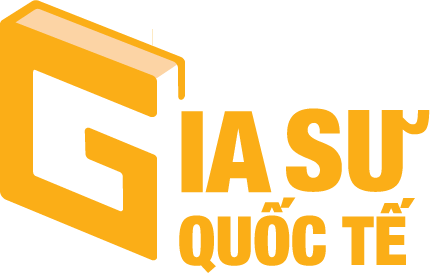Study in Canada at undergraduate and post-graduate level
Study in Canada at undergraduate and post-graduate level
- Thursday December 3rd, 2020
- Posted by: Gia sư Quốc tế

GSQT – Canada has over 95 world-famous universities for the quality of teaching and research. Therefore, study in Canada at undergraduate and post-graduate level is very recognized around the world.
Canadian universities are publicly funded on a large scale and are of high quality, regardless of location or field of study. These schools have a variety of training types and offer a wide range of degrees from bachelor, engineer to doctoral, including professional certificates.
The college year usually runs from September to May. Some schools follow a 2 or 3 semester system including summer. In Canada, there are no university entrance exams, but only admission. Each school sets its own admission standards and case-by-case review.
The university system in Canada is divided into 3 main categories:
- Liberal arts: Like the US, liberal schools focus on a variety of disciplines, including humanities, social studies, nature, and science.
- Public universities: Public schools are financed by the local government in addition to tuition fees and private investment funds.
- Private universities: Private schools do not receive financial support, but they receive support from alumni associations, scientific research funds and tuition.
So what are the conditions to study in Canada at undergraduate and post-graduate level?
-
Study in Canada at undergraduate level
- Foreign language: If studying in English, you must have at least IELTS 6.0 or TOEFL iBT 79 or higher. If studying in French, often schools will require intermediate level or above, equivalent to level B2 for direct admission.
- Academic performance: Students need good results with an average score of 6.0.
- Regarding finance: Depending on your subject of study, school and where you live, you will have to carefully calculate and ensure to fully pay tuition, accommodation and living expenses that you need during your study abroad.
2. Study in Canada at post-graduate level
You have 3 options when studying in Canada for graduate study, namely post-graduate, master’s and PhD. The conditions for enrollment and the training purposes of these programs are not the same.
- Post-graduate: Post-graduate is a graduate certification course, and in particular cannot use a post-graduate certificate as a master application. Post-graduate programs usually last from 8 months to 1 year, equivalent to 2-3 semesters. Conditions to study include GPA 6.0 or higher, IELTS 6.0 or higher, passing a test with the school or preparing a portfolio, tuition fees range from 11,000 – 14,000 CAD depending on by specialty.
- Master: To be admitted to the master’s system, you need to have a minimum IELTS of 6.5 or a minimum TOEFL of 550. Your GPA must be 7.5 or above. The cost of studying for a master’s degree in normal schools is between 25,000 and 40,000 CAD/year. This level will be higher when you enroll for a master’s degree at major Canadian universities, about 40,000 – 50,000 CAD/year.
- Doctoral: Doctoral courses in Canada require learners to have research that has been verified. You need to satisfy such conditions as a master’s degree in a relevant field, with strengths and research capabilities that have been proven through the research done; proof of the language to prove your proficiency, depending on whether the language you study is English or French; GMAT or GRE certificate.
After graduating to study in Canada at undergraduate and post-graduate level, if you want to stay and work in Canada, you can apply for the Post-Graduation Work Permit Program (PGWPP). This is a permit for students to stay in Canada after graduation. You are allowed to stay in Canada to work for a maximum of 3 years.


 Tiếng Việt
Tiếng Việt